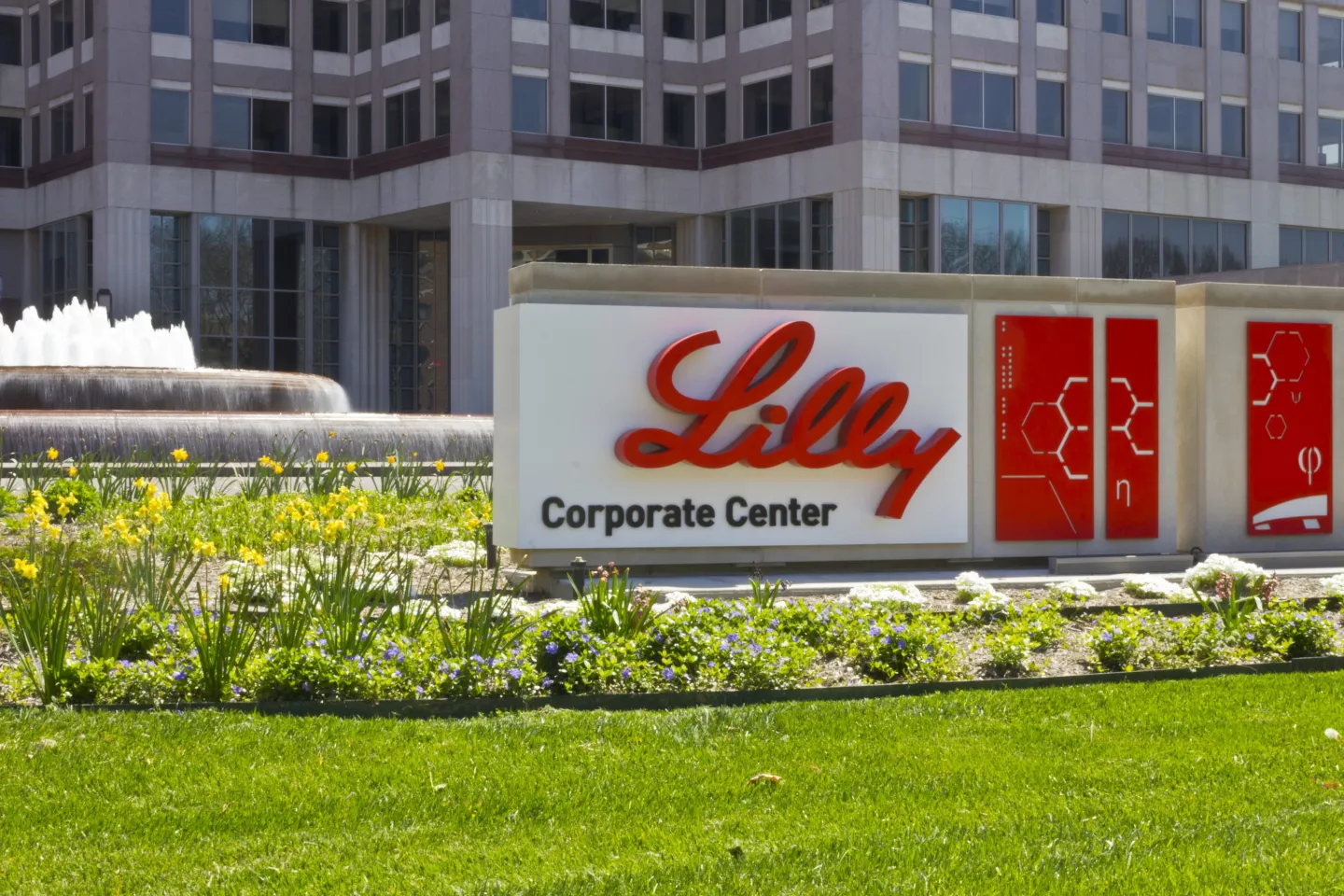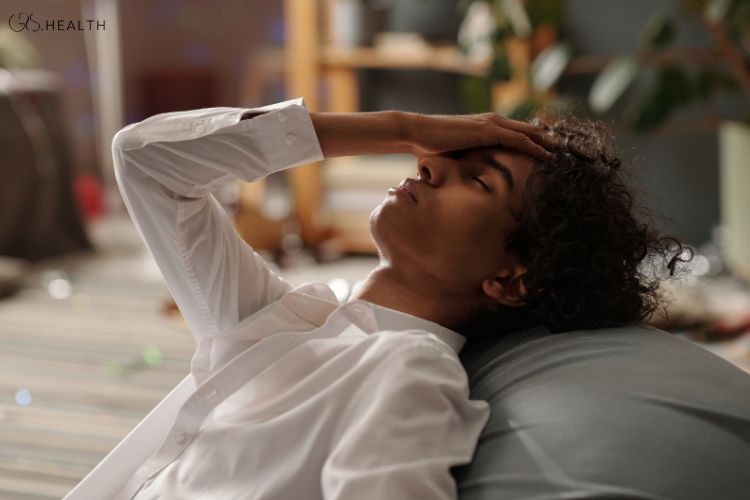Eli Lilly and Co. on Thursday warned against use of its popular diabetes and weight loss drugs Mounjaro and Zepbound for “cosmetic” reasons. The news comes as rampant demand for the reputed “miracle drugs” leads to nationwide shortages, making it more difficult for those with medical needs to obtain them.
The major pharmaceutical company says its drugs, also known as GLP-1s, are not meant for those without obesity or Type 2 diabetes.
“Mounjaro and Zepbound are indicated for the treatment of serious diseases; they are not approved for—and should not be used for—cosmetic weight loss,” an open letter from the company, dated Jan. 4, reads.
Anat Ashkenazi, executive vice president and chief financial officer of Eli Lilly, previously told Fortune that over 110 million patients in the U.S. live with obesity, which corresponds to over 200 health complications.
Mounjaro, approved in the spring of 2022, is for those with Type 2 diabetes, while Zepbound, approved in late 2023, is for those with obesity or who are overweight with an additional chronic condition such as hypertension. Mounjaro and Zepbound are sold in single-dose pens or vials and cost over a thousand dollars per fill without insurance. Both drugs have potential side effects and complications such as thyroid tumors, and stomach and gallbladder problems.
As the surge in popularity for weight loss drugs continues, spawned by influencers and celebrities alike, Eli Lilly is also sounding its alarm on the potential dangers of knockoffs.
The company warns users about brands claiming their products contain tirzepatide, a compound used in Zepbound. Only Zebbound has been authorized by the U.S. Food and Drug Administration to use tirzepatide.
“Tirzepatide products not manufactured by Lilly may expose patients to potentially serious health risks,” the letter states. “Lilly is extremely concerned that some of the compounded tirzepatide that Lilly has tested has contained high amounts of impurities, and, in at least one instance, was actually nothing more than sugar alcohol.”
Eli Lilly on Thursday filed legal action against wellness centers and medical spas claiming to sell and make products that mock tirzepatide and “other counterfeit sources that are fraudulently claiming to sell Mounjaro, Zepbound, or tirzepatide medicines.”
Globally, the weight loss marketplace may reach $77 billion in a decade, according to research from Morgan Stanley.
Sources
- FORTUNE Well, Eli Lilly cracks down on the use of weight loss drugs Mounjaro and Zepbound for ‘cosmetic’ reasons instead of for diabetes and obesity










